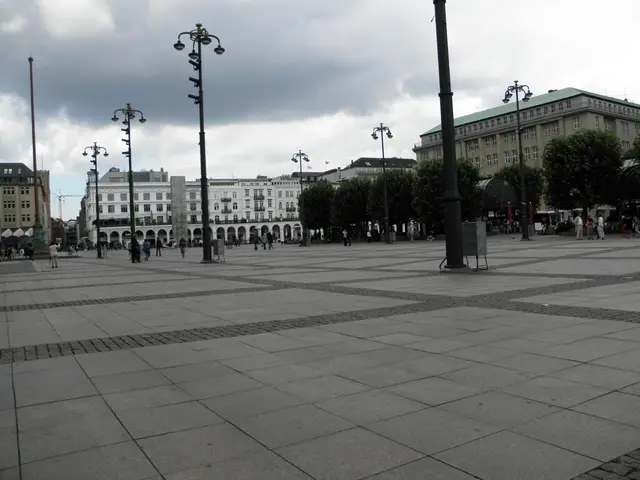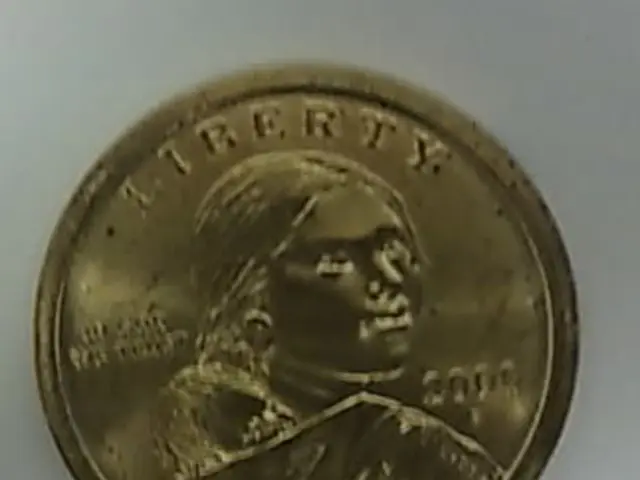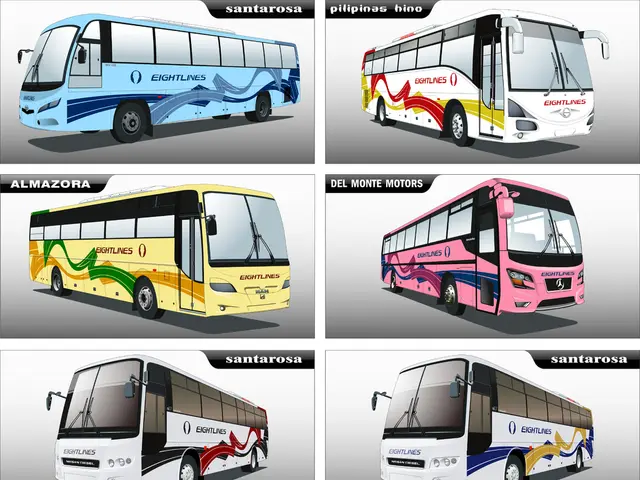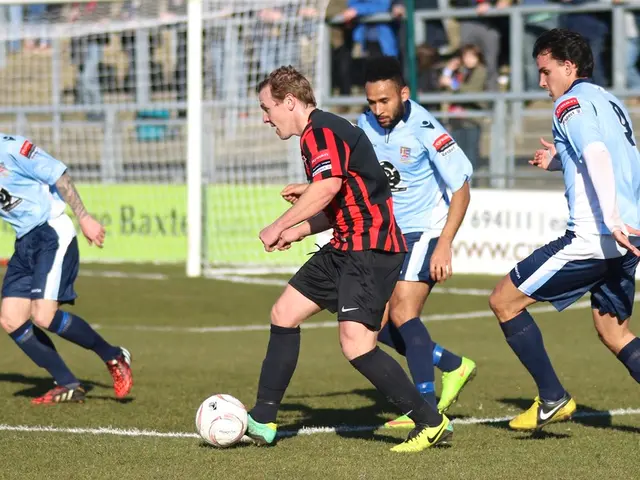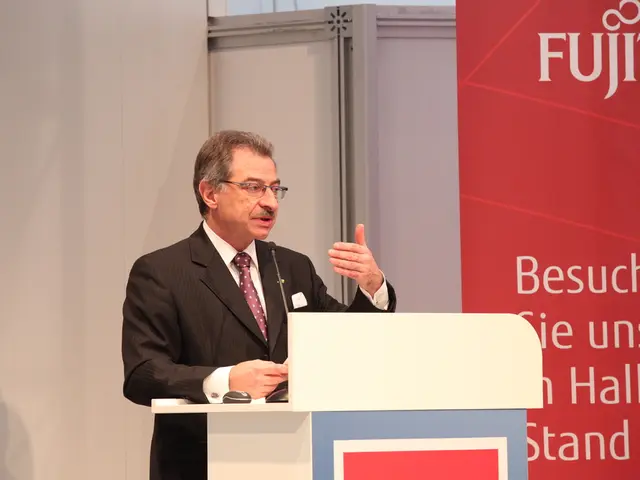At the Vietnam War Memorial, familiar names evoke old sorrow and a unique sense of tranquility
Vietnam War Anniversary Reflections: A Shift in Veterans' Perceptions
Fifty years since the end of the Vietnam War, a noticeable transformation in veterans' perspectives is surfacing. Here's a glimpse into these evolving views:
Reassessing the Past
- From Bitter Homecoming to National Recognition
- Controversial Return: Many veterans faced hostility upon their return from a divided America, with their service enmeshed in politics. PTSD (once known as “shell shock”) was poorly understood back then.
- Modern Recognition: Today, a growing appreciation for the war’s complexities and veterans’ sacrifices is apparent. Monuments like the Vietnam Veterans Memorial and documentaries have played a significant role in fostering unity.
- Questioning the War's Objective
- Moral Complications: Veterans are increasingly acknowledging the war’s moral ambiguities, such as civilian casualties and government deception. They now emphasize the importance of learning from past errors.
- Brotherhood Over Politics: Although opinions on the war’s legitimacy differ, veterans often highlight their camaraderie rather than political preferences.
- Intergenerational Dialogue
- Passing on Lessons: Veterans now share their experiences with younger generations, advocating for diplomacy and critical thinking in foreign policy decisions.
Emotional Evolution
- Healing Through Remembrance: Public commemorations and memorials have helped veterans cope with loss and guilt. Organizations like the Vietnam Veterans of America offer mental health support.
- Pride in Service: Despite the war's controversial legacy, many veterans express pride in their service, resilience, and the bonds forged in combat.
- Survivor's Guilt: Some veterans still struggle with the guilt of losing comrades. The anniversary stirs up memories of mortality and purpose.
Influencing Factors
- Cultural Evolution: Films like Platoon (1986) and The Vietnam War (2017 PBS series) shifted public opinion, portraying veterans as more human.
- Advocacy: Veterans themselves have worked tirelessly to tackle stigmas, push for PTSD understanding, and expand healthcare access, such as Agent Orange compensation.
- Global Reconciliation: Return visits to Vietnam, collaborative clean-up projects (e.g., unexploded ordnance removal), and expanded trade relationships have mended old wounds.
Lessons for the Future
Veterans advocate for:1. Transparent Leadership: Accountability in military decision-making.2. Compassionate Care: Prioritizing veterans' mental health and community support.3. Historically Informed Decisions: Teaching the war’s complexities to learn from previous mistakes.
The 50th anniversary serves not only as a solemn reminder of loss, but also as a call to respect and honor veterans through comprehension and action. Their evolving perspectives underscore the adaptability of the human spirit in the face of unresolved history.
- By 2025, war-and-conflicts like the Vietnam War might elicit a creed among veterans that emphasizes transparency and compassion, particularly in politics and general news.
- On Wednesdays, as veterans reflect on the happenings of 2025, they may renew their commitment to sharing their experiences with younger generations, fostering intergenerational dialogue.
- As public commemorations of the Vietnam War continue, veterans in 2025 may find healing through remembrance, exemplifying the emotional evolution that began fifty years ago.
- With war memorials and documentaries reaching a broader audience in 2025, veterans' sacrifices, complexities, and moral complications may be more widely understood, shedding light on the past and influencing future political decisions.



